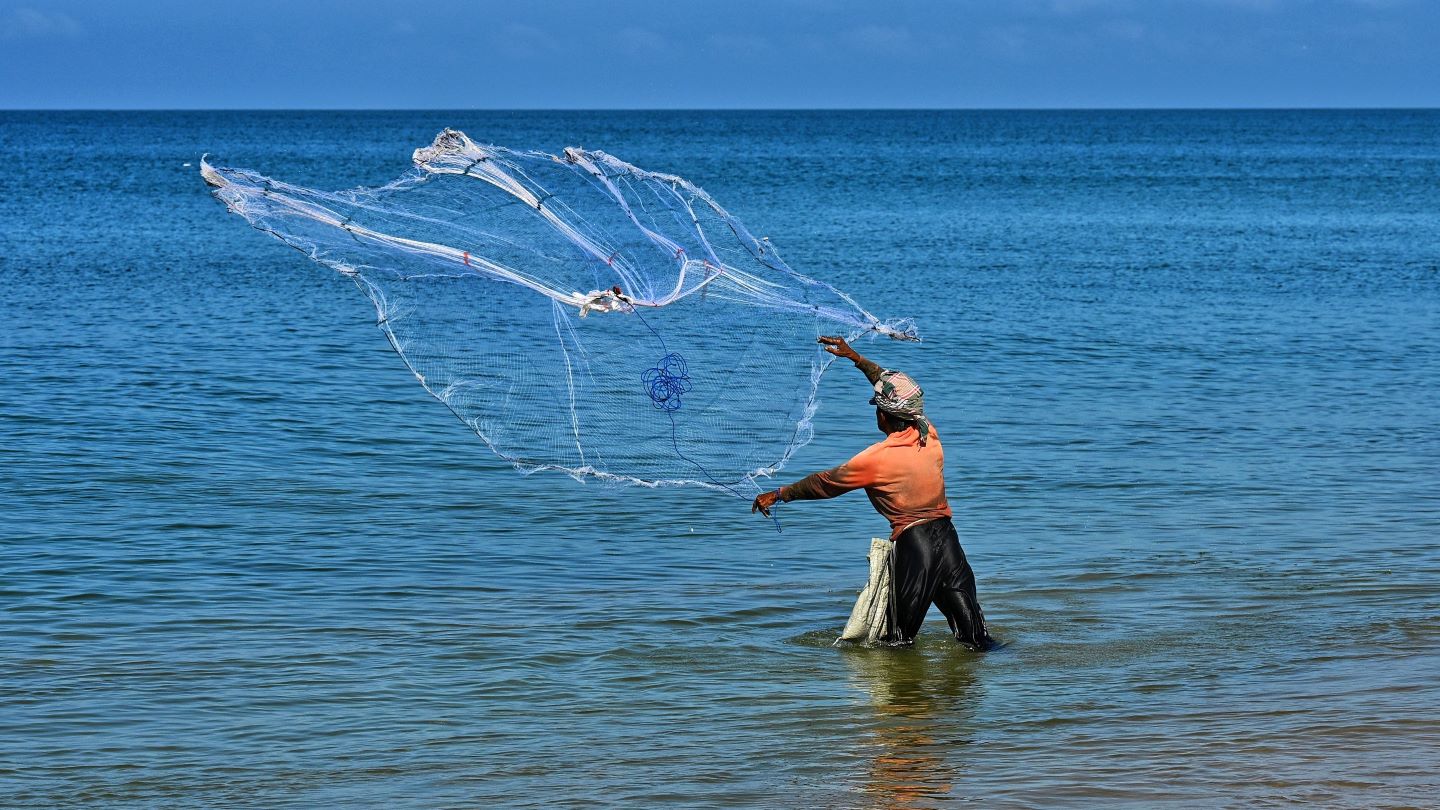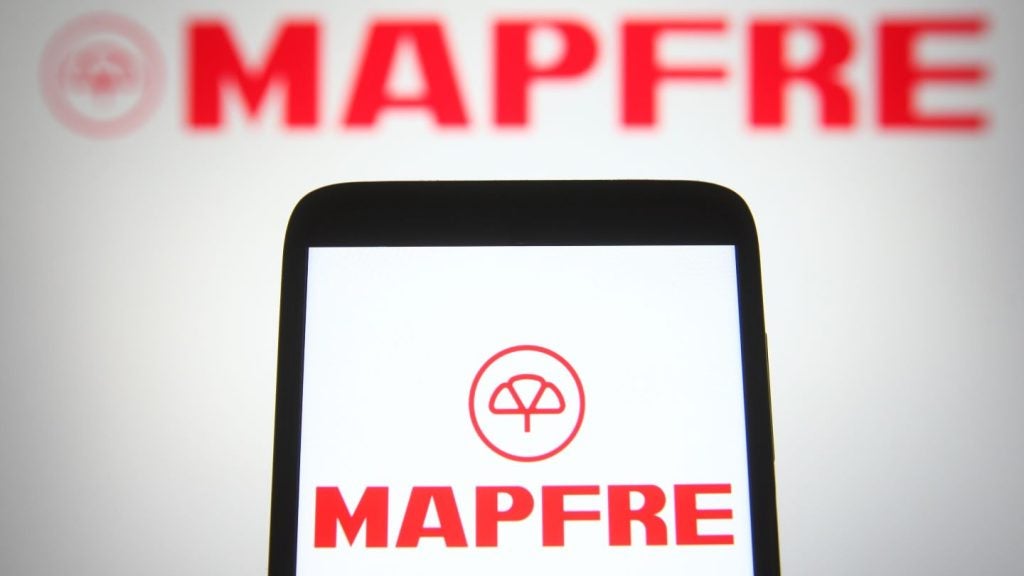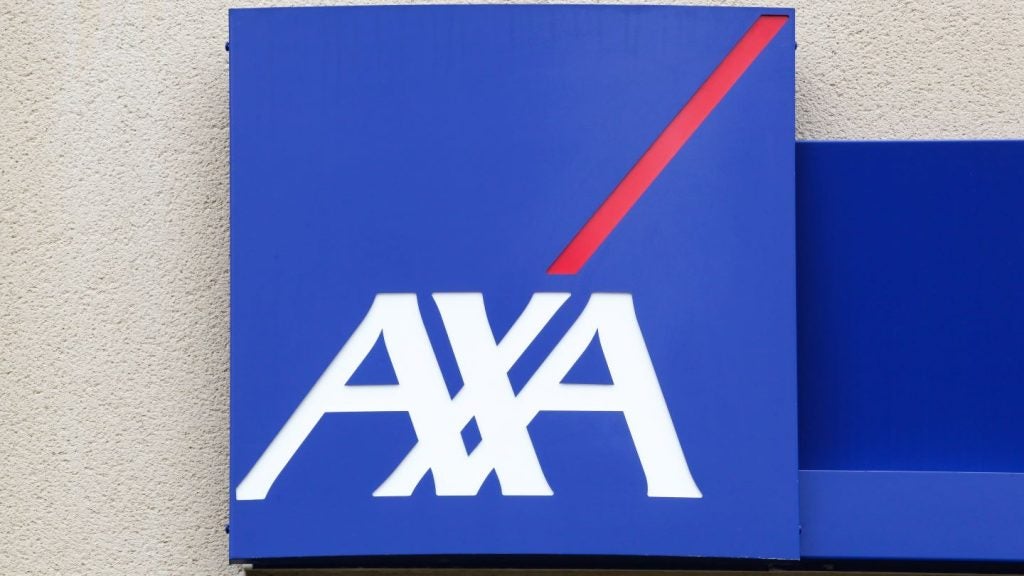
Willis, a WTW business, has joined forces with global conservation organisation Rare and the Government of the Philippines to introduce the country’s first parametric insurance solution aimed at small-scale fishers.
The programme is being implemented with the Bureau of Fisheries and Aquatic Resources (BFAR) and the Philippine Crop Insurance Corporation.

Access deeper industry intelligence
Experience unmatched clarity with a single platform that combines unique data, AI, and human expertise.
Development of the scheme received backing from the Ocean Risk and Resilience Action Alliance, with financial support from the Canadian Government and the UK Government’s Blue Planet Fund.
The insurance aims to support 14,200 small-scale fishers operating in 24 coastal municipalities.
Its main objective is to reduce the impact of income loss caused by weather conditions that make fishing unsafe.
The BFAR will serve as the policyholder during the pilot phase, providing this insurance as part of the fisher registration process and linking it to sustainable fishing commitments.

US Tariffs are shifting - will you react or anticipate?
Don’t let policy changes catch you off guard. Stay proactive with real-time data and expert analysis.
By GlobalDataFunds from the BFAR’s budget have been allocated to cover premium costs during this initial rollout.
The policy offers a maximum payout of $100 (5,887 pesos) per cycle for covered incidents when severe weather halts fishing activities.
Risk transfer for this insurance is facilitated by the Natural Disaster Fund, a public-private partnership between the UK and German governments.
The fund is supported by Hannover Re and managed by Global Parametrics, which specialises in parametric protection against climate-related risks.
The insurance operates using a parametric index assessed over five-day intervals.
This index compares current weather data with historical patterns to measure how severe conditions are relative to expectations.
Coverage is available for registered fishers who commit to sustainable practices.
Willis APAC Climate Risk Centre head Christopher Au said: “With over 1.9 million registered small-scale fishers relying on the nearshore for their livelihoods, the impacts of climate change, such as high winds, rough seas and heavy rainfall, pose increasing risks to their safety and income.
“The new insurance solution, the first of its kind in the Philippines, uses a weather index based on wind speed, sea state and rainfall to determine payout eligibility, ensuring timely and direct compensation to fishers when fishing days are lost.”







